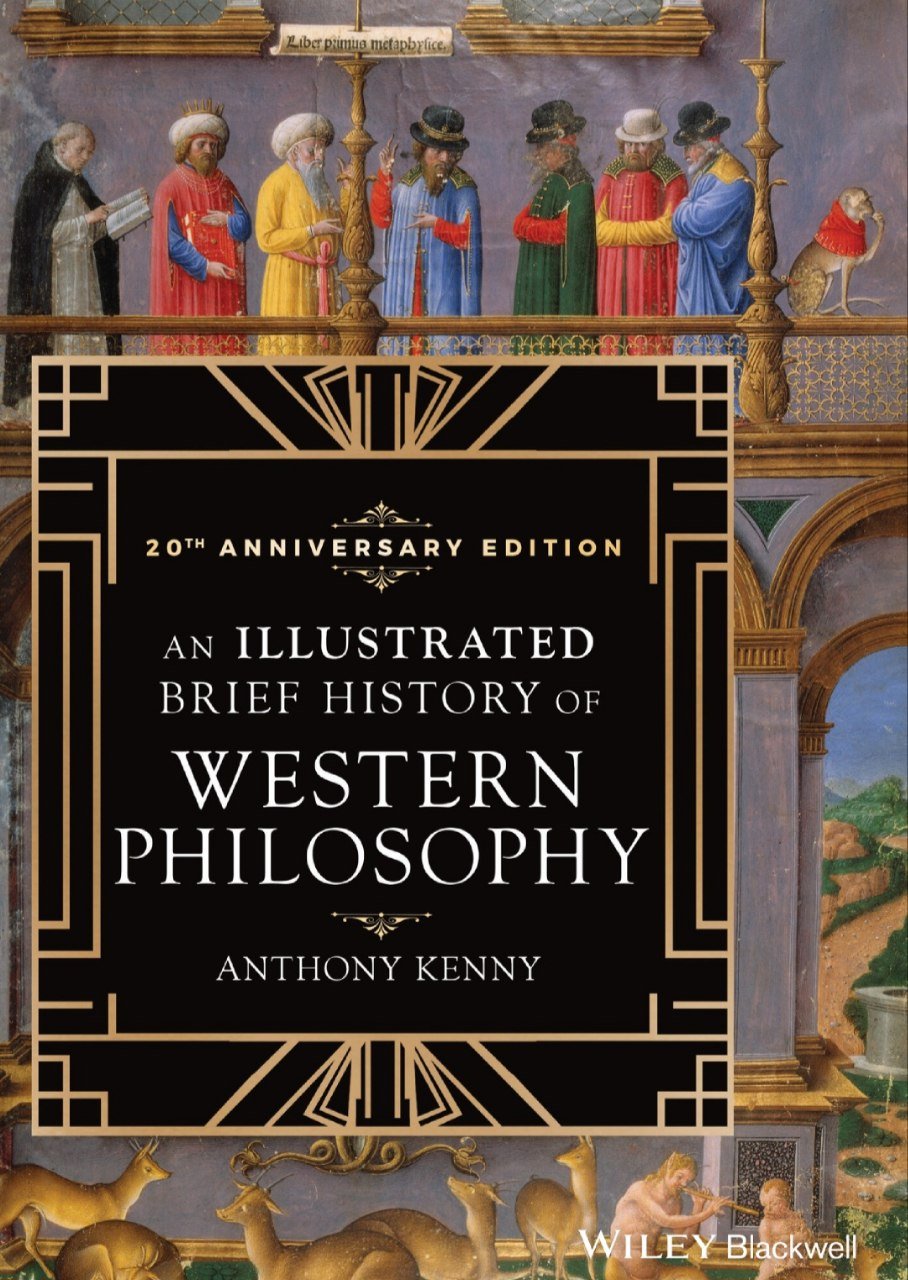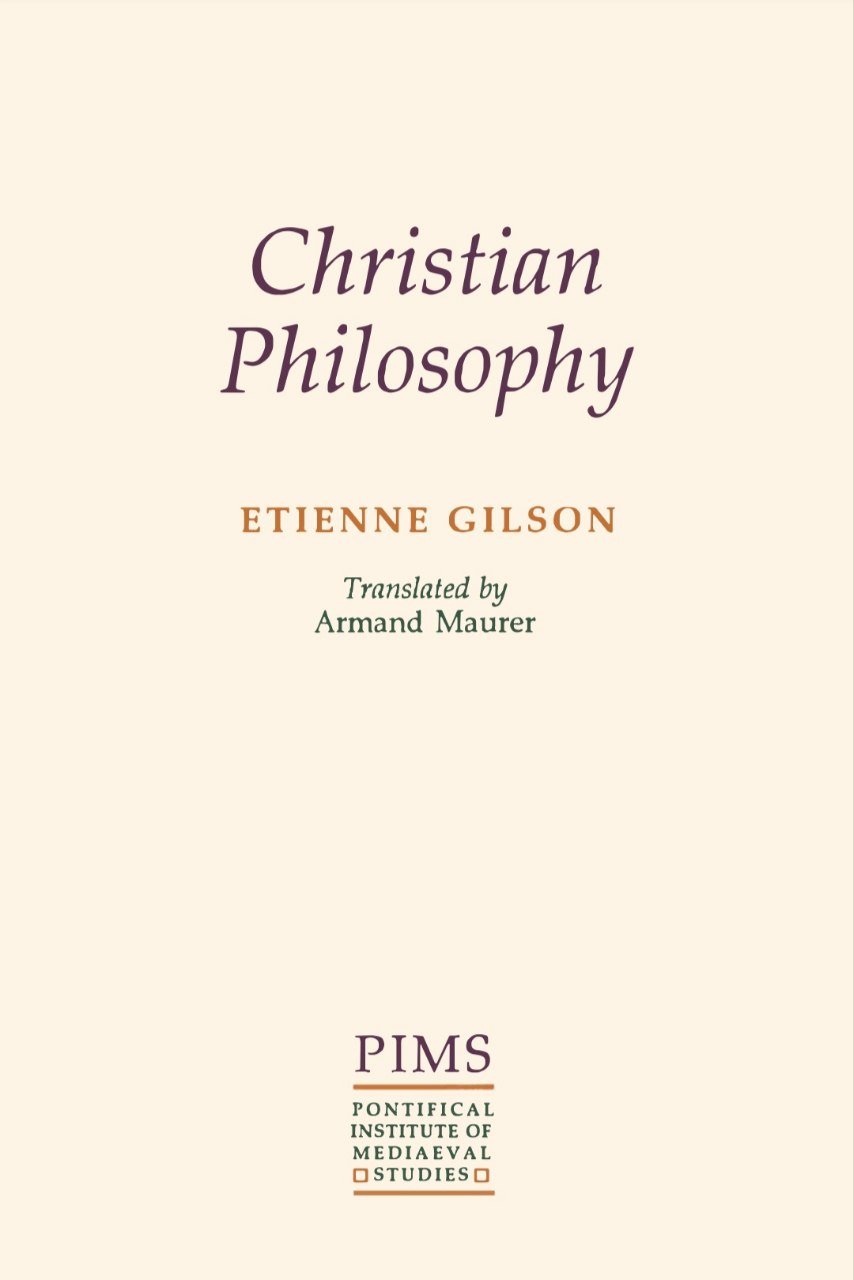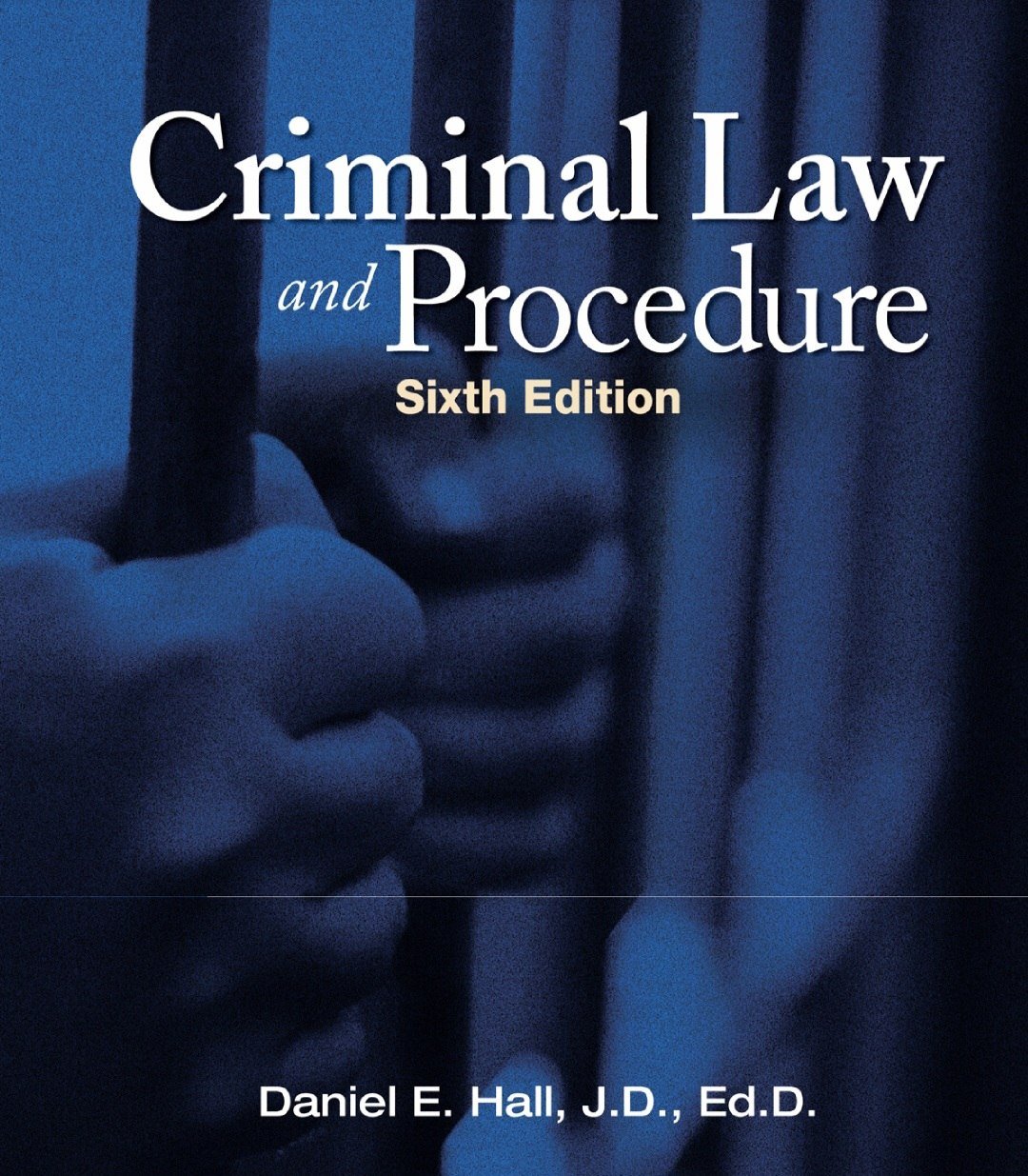

The Political Philosophy of Mulla Sadra
Reviews
No review yet. Be the first to review this book!
Description
The Political Philosophy of Mulla Sadra by Seyyed Khalil Toussi delves into the often-overlooked political dimensions of one of the most influential Islamic philosophers, Mulla Sadra (1571–1640). Mulla Sadra is best known for his contributions to Islamic metaphysics, epistemology, and mysticism, particularly through his magnum opus, The Transcendent Philosophy of Mulla Sadra (al-Hikmah al-Muta‘aliyah). However, in this thoughtful and groundbreaking work, Toussi brings to light Sadra’s implicit political philosophy, situating his metaphysical ideas within the broader context of governance, justice, and societal order. Toussi argues that although Mulla Sadra did not compose a systematic political treatise in the vein of earlier Islamic philosophers like Al-Farabi or Ibn Sina (Avicenna), his philosophical framework offers profound insights into political thought. Drawing on Sadra’s metaphysical principles—such as the primacy of existence (asalat al-wujud), substantial motion (al-harakat al-jawhariyya), and the unity of intellect and being—Toussi reconstructs a vision of political philosophy that integrates ontology, ethics, and politics. At the heart of Sadra’s political thought, according to Toussi, is the belief in the philosopher-king or the divinely guided sage as the ideal ruler. Sadra’s view of leadership is deeply intertwined with his cosmology and theology: the ruler must be someone who has achieved spiritual perfection and gnosis (‘irfan), enabling him to govern according to divine wisdom and justice. This ideal leader embodies the link between the metaphysical order and the socio-political structure, acting as a mediator who brings harmony between the divine realm and human society. Toussi also examines Mulla Sadra’s views on justice (‘adl), social order, and the role of law (shari‘a) in establishing a virtuous society. Sadra conceives justice not merely as a social contract or legal framework but as the manifestation of cosmic order within the human community. Justice, in Sadra’s philosophy, is an ontological principle that governs the entire cosmos and must be reflected in the ethical and political organization of society. Furthermore, Toussi explores Sadra’s interpretation of prophecy and the role of the Imam in Shi‘a thought, emphasizing how Sadra’s esoteric philosophy complements the political theology of Twelver Shi‘ism. The Imamate, in Sadra’s framework, represents the highest form of political and spiritual leadership, combining both outward governance and inward guidance. The Political Philosophy of Mulla Sadra is not just a study of historical thought but also engages with contemporary debates in political theory, ethics, and Islamic studies. Toussi’s analysis demonstrates how Sadra’s metaphysical insights can contribute to modern discussions on leadership, governance, and the ethical foundations of politics in a globalized world. This book is essential reading for scholars of Islamic philosophy, political theory, and anyone interested in the intersection of metaphysics and politics. It brings a fresh and nuanced understanding of Mulla Sadra, portraying him not just as a metaphysician and mystic but also as a profound thinker on political life and ethical governance.
 May 03, 2025
May 03, 2025











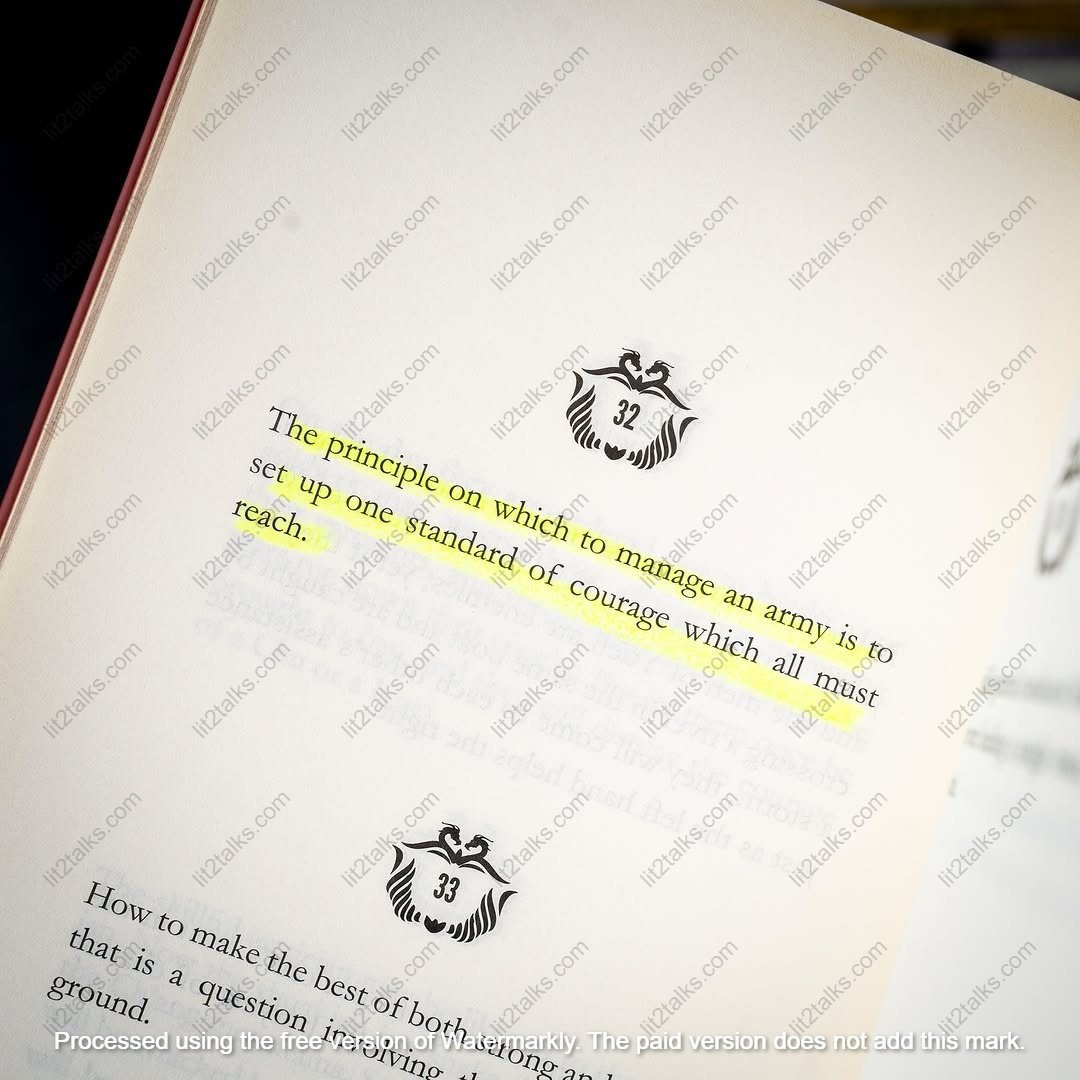



 May 03, 2025
May 03, 2025
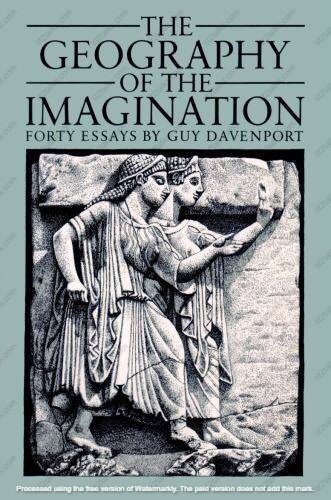
 May 03, 2025
May 03, 2025

.jpg)
.jpeg)



.jpg)




.jpg)






.jpeg)







.png)




.jpeg)






.jpeg)



.jpg)












.jpg)





.jpg)

.jpg)


.jpg)

.jpeg)
















